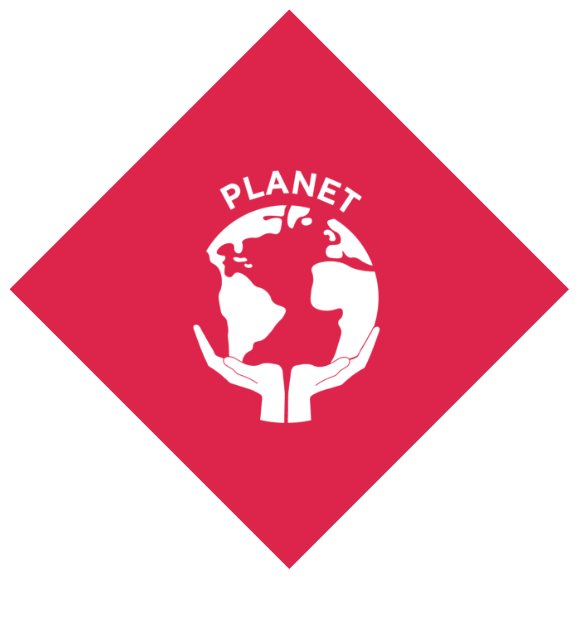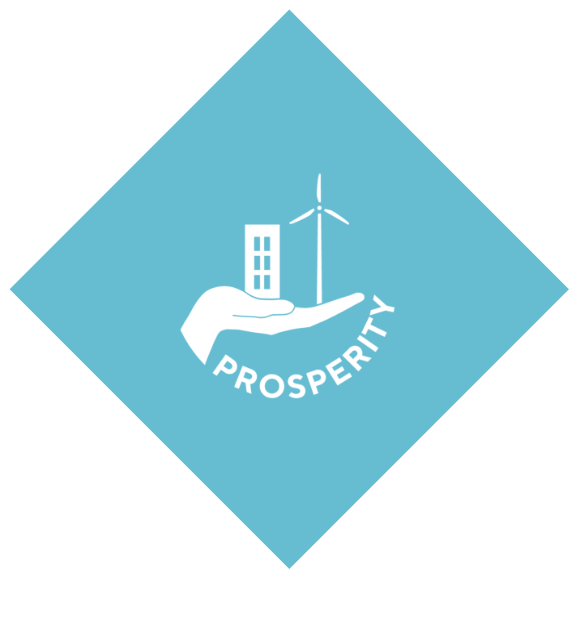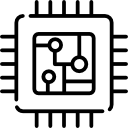Participating Teams
Here you can see an overview of all the TU/e Contest candidates and teams. You can also filter on category, cluster of teams that are still looking for members!

Marketswiper
Marketswiper tries to increase online secondhand sales and improve circularity by making people reuse more.

KARAMA
There is no denying the fact that vehicles make a big dent in the environment, whether it is during manufacturing or running on the roads. However, as a community, we are not yet at the point where people can give up their cars and still fulfil all their mobility needs. But there are some cars out there that are greener than others.

EDEN
Due to climate change and declining biodiversity, our health and liveability are at stake. Our cities will have to increasingly deal with heat stress, drought, and water issues caused by climate change. In addition, the great reduction in species is harrowing, because biodiversity is crucial for the breakdown of organic waste, plant pollination, and pest prevention, as well as controlling the water cycle and purifying both water and the air we breathe. Local governments and initiatives have been working on bringing more green into the public space, but many Dutch gardens are still fenced and paved, excluding great beauty that nature can bring. How can we make it easy and accessible for everybody to make their gardens more nature-inclusive?

LENS
We are addressing the problem of ineffective learning. Students study too much or too little without any tangible learning benefits. As well as this, studying is normally completed without any specific technique or consistence - for instance, many students re-read a textbook several times or highlight notes as their main study method. At Lens, we know that this is not only an ineffective strategy of study, but may as well be one of the worse out there.

Team Daedalus
Team Daedalus aims to empower humanitarian institutions through a platform for sustained aerial surveillance. By developing a semi-autonomous solar-powered drone, the team is creating a useful tool for wildfire detection and monitoring. Students are currently focusing on creating prototypes iteratively, with the goal of reaching 24h of continuous flight within the following few years.

Team Spark/e
Energy demands and in the same manner, renewable energy production, are projected to further increase in the coming years. The current grid network is ill-equipped to deal with this increase and the negative effects can already be seen.

SOLID
Student team SOLID is developing technology to store hydrogen with iron. This way, hydrogen can be stored in a cheap, safe, and compact way, compared to state-of-the-art technologies. Furthermore, the iron can be used multiple times, making it a circular energy carrier that doesn't need any CO2 in its process of storing energy. Currently, our team is building an installation that is able to produce hydrogen from iron and steam. However, we do realize that the iron used in our process ideally shouldn't originate from the mines directly as mining new ores is an intensive process, which can affect the environment of the mine immensely. Therefore we are looking at the possibility to use iron from waste streams to use in our reactor.

SustainaBill
The existing billing infrastructure in retail stores is an overlooked and unsustainable practice. With 90% of paper bills produced ending up in the trash or forgotten, that too within 10 seconds of being printed, it’s outrageous to think about the resources consumed for production of a bill. However, bills are still used on a daily basis - majorly for customer checkout, and marginally as proof for returns and warranty. Moreover, customer purchases are vital data for the stores which is analyzed digitally through POS software, while the bills provided to customers requires a lot of effort from the customer's side to extract valuable insights for themselves.

Team NANO
Global warming is an ever-increasing problem. To properly fight this, an energy transition is required. This energy transition is already taking place, with more and more solar and wind power being generated. However, there are many untapped sources of electric energy, such as small motions in everyday life.

Aster
Humanity has travelled to space using electronic chips powering mechanical components. With the constant burst of radiation from the sun and the rest of the universe, data can get corrupted. To combat this problem in space, a lot of defensive measures are taken to keep the gathered data safe. These methods are extremely costly. Next to this, sending equipment to space remains a tricky process. How can we quantify exact issues better? How can we safely transmit/receive data in a different way?

.png)
.png)





